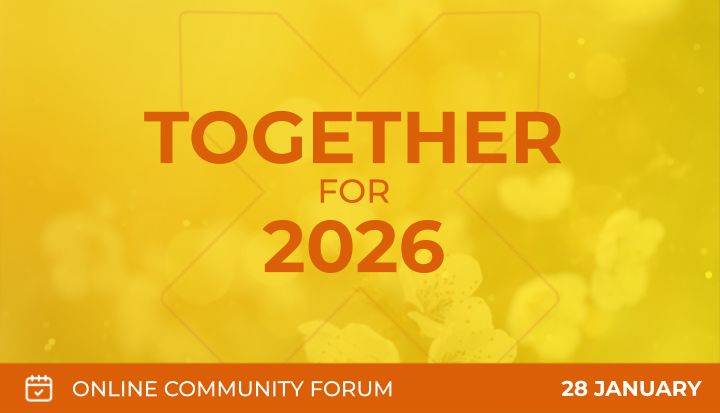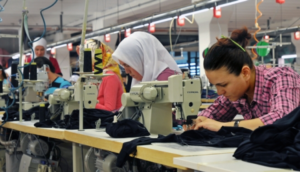What we risk if low-income women are left out of acceleration
With aid budgets shrinking and governments under pressure to raise more tax revenue, the private sector plays an important role in delivering jobs, growth and opportunity. One approach gaining ground is business acceleration: intensive programmes that help small and medium-sized enterprises (SMEs) access finance, connect to markets, and scale up rapidly. At their best, accelerators can spark job creation, boost productivity, and fuel the rise of an emerging middle class in low- and middle-income countries.
But here’s the critical question: who gets to benefit?
Conventional accelerators are usually designed for a narrow slice of entrepreneurs –often men, primarily university educated, running businesses already on the path to high returns. By focusing on this group, we risk excluding millions of women business owners and entrepreneurs at the lower end of the income spectrum.
Take Kenya. Its 7.4m MSMEs generate over 40% of the country’s GPD. Yet around 98% of these enterprises are “micro” – tiny operations employing just one or two people, most in the informal economy. These are the very enterprises traditional acceleration programmes often overlook – despite their enormous potential to drive growth. A large proportion of these microbusinesses are female-owned. Traditionally, these women have been seen as “entrepreneurs by necessity” – hairdressers, hawkers, smallholders – running a business in order to survive day-to-day. Here, rightly, the objective of development programming is to reduce extreme poverty – with ‘poverty graduation’ programmes focussed on taking participants from below the poverty line to just above it.
But why do we assume low-income women can’t grow their businesses further? They face systemic barriers, yes – but we know they have the tenacity and ambition to succeed. What’s missing is access to the kind of targeted support that mainstream accelerators offer their (mostly male) counterparts, who typically start from a stronger position. And while group loans are common for women at the very lowest income levels, those ready to scale often find it much harder to secure credit as individual entrepreneurs.
For the past five years, Hand in Hand has been piloting grassroots accelerators designed specifically for women entrepreneurs at the bottom of the income scale. We select candidates carefully, then provide intensive business training, mentoring, e-commerce and sector-specific skills, as well that crucial support to access finance. We also support women business owners gain accreditation, and with formalisation. To date, we’ve reached more than 10,000 entrepreneurs. The results are striking: participants typically end the programme earning as four times more than the international absolute poverty line of $2.15 – an income bracket that means funds can be reinvested back into their businesses.
The impact is twofold. Growth creates jobs and contributes to broader economic development. But it also boosts women’s incomes, directly reducing poverty. These larger, more resilient businesses enable women to invest in their children’s nutrition, education, housing, and healthcare.
Alice, from rural Muranga County in Kenya, is a prime example of the difference targeted acceleration programming can make. Before joining our programme, she was a subsistence farmer with a single dairy cow. Agricultural training helped her stabilise her income, but it was the acceleration training and a business growth loan that transformed her future. Alice launched a bakery, which now employs three people and supplies five local schools. Alice is not an exception – she is proof of what women can achieve when given the right tools and support.
Acceleration is not a silver bullet, nor is it for everyone. But if we are serious about inclusive growth, we cannot ignore the vast majority of small business owners. And we certainly cannot afford to leave women behind.
Hand in Hand will be convening an invite-only learning event on 22 October in Nairobi, bringing together practitioners, policymakers, businesses, financial institutions, and philanthropists to share insights and explore the future of inclusive acceleration.
If you would like to attend – or to learn more about our acceleration work – please email Hand In Hand here










